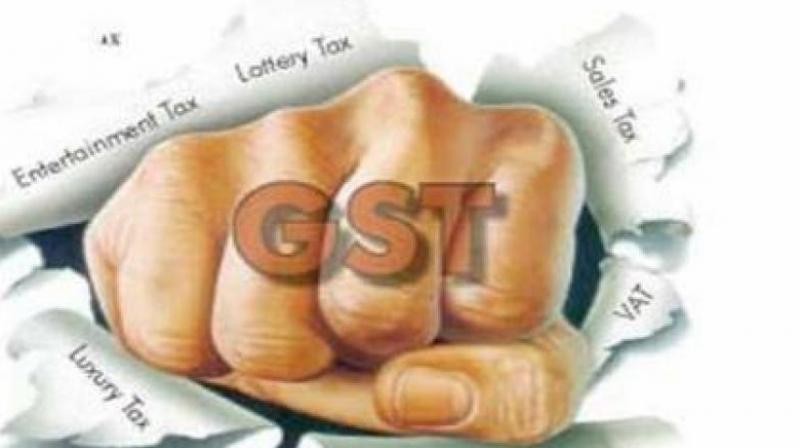Future of GST still ambiguous

The ambiguity over the future of the Goods and Services Tax continues with Bengal, Kerala and J&K raising several issues ranging from repercussions of demonetisation and the need to be compensated to differences on jurisdiction over who will audit taxpayers. It is difficult to assess the progress made by the GST council in taking the GST forward towards an implementation date because of the different perceptions of what has been achieved in the discussions over the 193 clauses in this bill. Whilst the view, according to reports, is that a consensus was reached on most of the clauses of the central GST, West Bengal begs to differ. Its representative says that that there were several suggestions put forward and they all have to be addressed by the Centre so there was no real consensus. The next meeting for the GST council has been scheduled for January 2017.
The November 8 demonetisation of the Rs 1,000 and Rs 500 notes has changed the dynamics of discussions on GST and this too has been raised by Bengal. It has taken the lead in pointing out that the Centre will have to raise more revenue to meet the shortfall that the states will face in tax collections due to demonetisation. Kerala too has taken a tough situation on the compensation issue which has now been compounded by demonetisation. The general view is that GDP will fall by around one and a half to two per cent at least for the next two to three quarters till the cash availability situation stabilises. The government had withdrawn '15 lakh crore from the system, which amounts to 85 per cent of the notes in circulation. According to various calculations it will be another four to six months before it can put this amount back into the system.
The RBI which is the money printing authority has said that there is enough money in the system, but the fact on the ground is that there isn’t. The long queues and harrowing experiences of some people and the weakest of the weak like daily wage earners and farmers are testimony to this. Several ATMs are also shut as they run out of cash or received no cash. Additionally shopkeepers have spoken about a fall in sales and this is a story that reverberates across India. They don’t expect sales to pick up anytime soon. With the fall in production and sales, revenue too has plummeted. This means less tax collection for the states as well as the Centre. It is logical that the earlier compensation amounting to Rs 55,000 crore will have to be increased to meet the new demands that have been created. There are also various processes that have to be followed after the elusive consensus is reached. The central GST draft and the integrated legislation, for instance has still to be cleared by the GST council.

